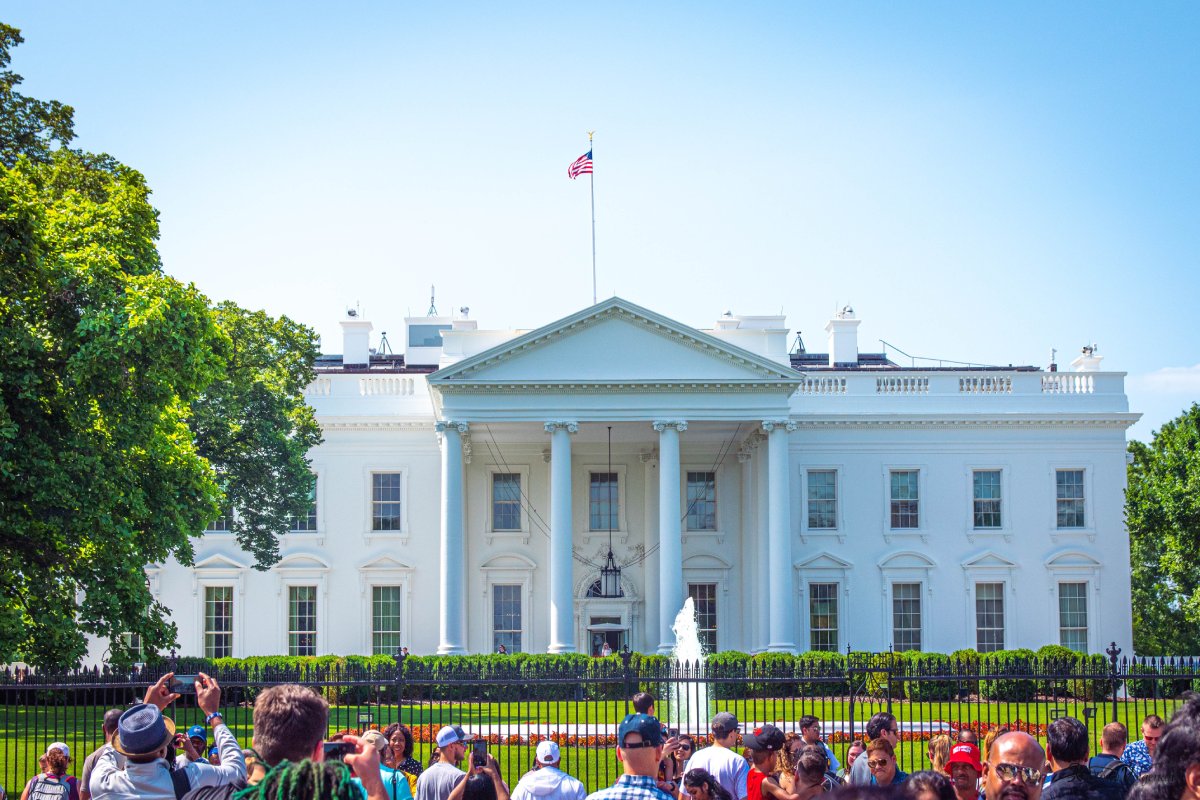Skift Take
President Joe Biden’s decision to leave the 2024 U.S. presidential race put an unprecedented twist on what was always going to be an unconventional election. But one thing is clear: Each potential administration’s policies will be wildly different – and have significant implications on the global travel industry.
With the 2024 Republican presidential ticket of Donald Trump and J.D. Vance solidified last week in Milwaukee, Democrats have a lot of work to do before their convention in less than a month – now without an official candidate or a vice presidential nominee.
On Sunday, just after announcing he would be stepping out of the race, President Biden endorsed his vice president, Kamala Harris, for the role. This comes only days after the former president Trump was shot at a campaign rally, surviving the assassination attempt with only minor injuries. Days later he selected populist icon, Ohio senator J.D. Vance, as his running mate.
For the travel industry, whichever of the two tickets prevails in November will mean a wildly different landscape for the next four years.
But we’ve seen a Trump presidency before. And we can look to the last four years of Biden-Harris for hints of what she might do if she’s ultimately both a) the candidate and b) elected in November.
A Second Trump AdministrationReading the tea leaves from the former president’s policies on visas, regulation, the environment and more, we could see some of the following actions impacting the travel industry if the former president is elected a second time.The DOT’s New Junk Fee Disclosure Rule Could Be At Risk: The new junk fee disclosure rule is set to take effect in October and requires airlines to disclose all fees associated with buying a ticket. Major airlines have already sued to block it.
The text of the rule in the Federal Register notes that a 2017 executive order from the Trump administration undid a similar rule before it could take effect.
Project 2025, a series of conservative policy proposals that Trump has no
